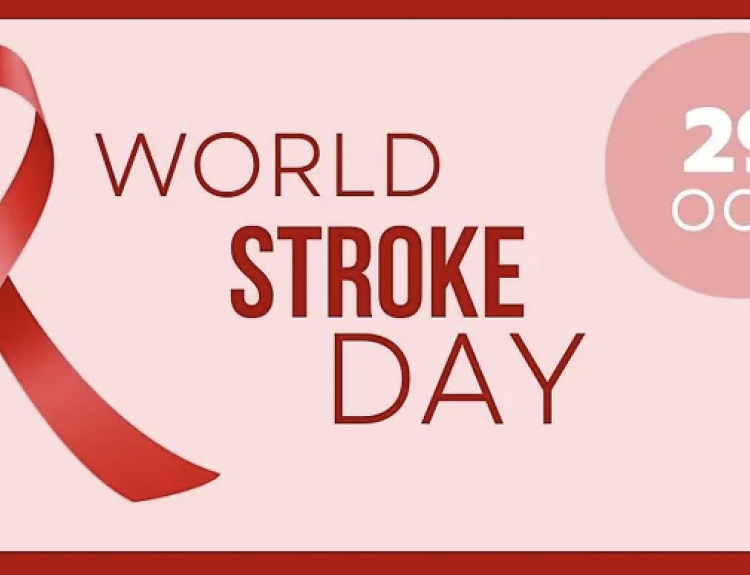A new study shows that 1 in 4 young adults in the U.S. suspect they have undiagnosed ADHD, influenced by social media content. However, with the right support and treatment, people with ADHD can manage it and lead fulfilling lives. It’s important to remember that ADHD is a neurological condition, not a result of poor parenting or lack of willpower.
What is ADHD?
ADHD, or attention-deficit/hyperactivity disorder, is often seen as a childhood issue, but many adults also experience it. ADHD affects a person’s ability to focus, control impulses, and manage energy levels. People with ADHD may struggle to finish tasks, stay focused, or interrupt others frequently. Emotional regulation is also a challenge, which can lead to impulsive actions.
Study Findings
According to a survey of 1,000 adults, 25% of Americans believe they might have ADHD, but they haven’t been diagnosed. Many participants said social media videos helped them recognize the signs of ADHD in themselves, such as trouble focusing and restlessness. Despite this, only 13% of those who suspect they have ADHD have spoken to a doctor about it, raising concerns about the dangers of self-diagnosis and incorrect treatment.
Types of ADHD
- Predominantly Inattentive Type
- Predominantly Hyperactive-Impulsive Type
- Combined Type
The Risks of Self-Diagnosis
Experts warn that self-diagnosing ADHD can lead to improper treatment, which can make things worse instead of better. Justin Barterian, a psychologist at Ohio State University, explains that symptoms of ADHD, anxiety, and depression can overlap. Without a proper diagnosis, treatment may not address the actual issue.
ADHD in Adults
About 4.4% of adults aged 18 to 44 have ADHD, but some aren’t diagnosed until later in life. Awareness is growing, especially as parents realize they share symptoms with their children. ADHD is often genetic, and younger adults are more likely to think they have undiagnosed ADHD compared to older generations.
Barterian suggests that while social media can spread awareness, it’s crucial to see a psychologist, psychiatrist, or physician for an accurate diagnosis and treatment plan.






